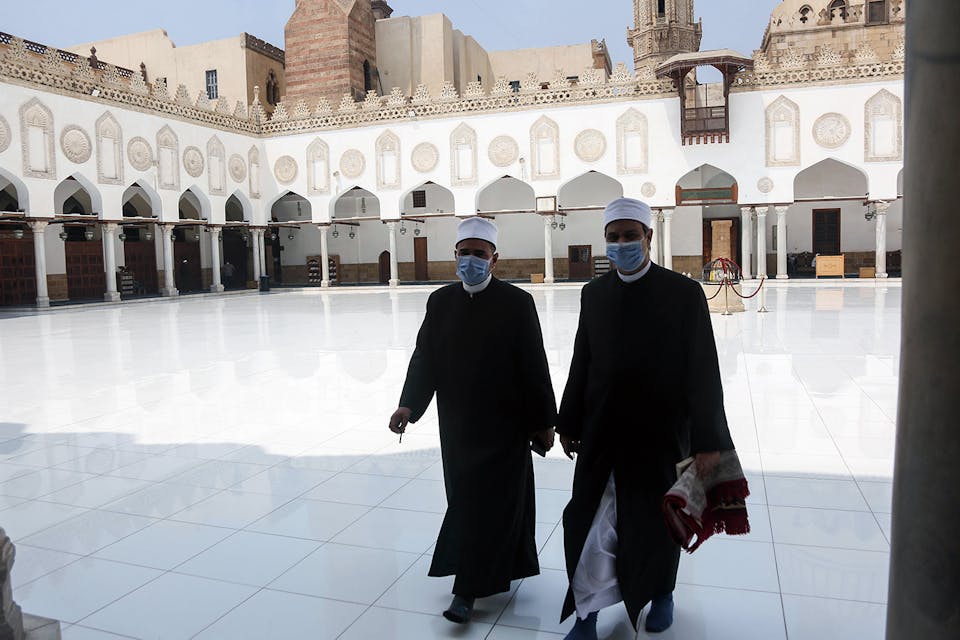
November 10, 2020
The Tremors of Muslim Reform
The powers at the center of the Muslim world are refusing to tolerate radical Islamism, and a spirit of repair and renewal is at hand. Will it catch on?
This article is part of Mosaic’s continuing coverage of the diplomatic revolution in the Middle East.
No observer of the Middle East can ignore the shift that has been taking shape in the last few years. In Saudi Arabia, Egypt, Iraq, Lebanon, and elsewhere, Arab governments are signaling major changes in their approach to religion. Since the September 11 terrorist attacks, there have been voices in both the Muslim world and the West calling for religious reform. Something like that is now underway before our very eyes.
Muslims today speak of a process of islah, or repair, a word that suggests that the religious tradition is fundamentally good, but functioning improperly and in need of restoration. The word has historically been associated with the Islamic revivalists of the 19th century, but has begun to assume a new meaning. In the words of the Saudi thinker Mohammad al-Mahmoud, “It is important to stress that we are not speaking of islah in terms of revival or resurrection, as it was spoken of by [19th-century] traditionalists. . . . Religious islah must begin with a critique of the current structures of common religious discourse.”